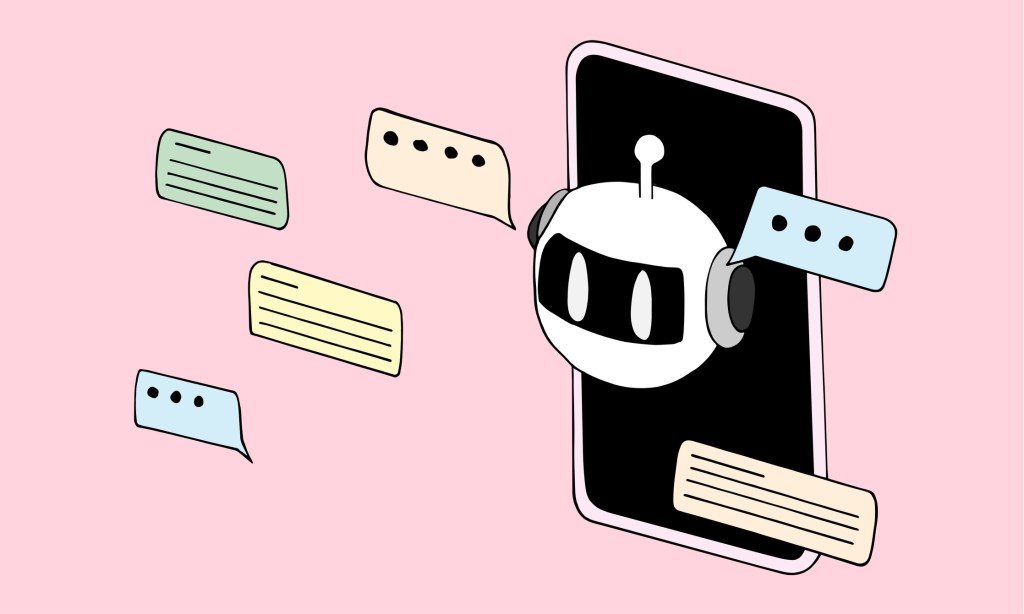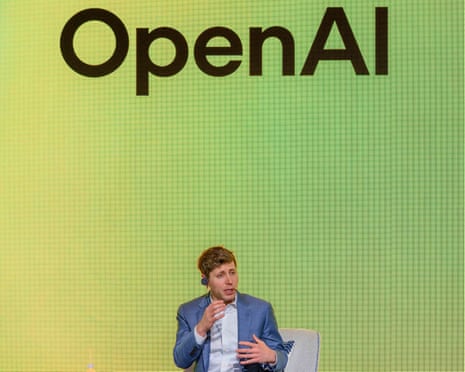Why It’s Time to Rethink Referring to AI as Your Co-Worker
Generative AI is evolving and taking on various forms. Recently, it’s being marketed with human names and personas, making it feel less like mere code and more like a colleague. A growing number of startups are anthropomorphizing AI to rapidly build trust and make it appear less threatening to human employment. However, this trend is increasingly dehumanizing and accelerating at a troubling pace.
It’s easy to see why this approach has gained traction. In a volatile economy where each new hire feels like a gamble, many startups—particularly those from the well-known Y Combinator accelerator—are framing AI not merely as software but as a replacement for staff. They are promoting AI as assistants, coders, and employees, using language designed to resonate with overwhelmed hiring managers.
Some companies are blunt about their intentions. For example, Atlog recently unveiled an “AI employee for furniture stores” capable of managing everything from payments to marketing tasks. The company boasts that one proficient manager can now oversee 20 stores simultaneously, implying that additional hires are unnecessary—just utilize the system for scaling. The fate of the 19 displaced managers remains unaddressed.
Consumer-focused startups are also adopting similar strategies. Anthropic named its platform “Claude,” a friendly and trustworthy moniker intended to soften the image of an otherwise faceless neural network. This tactic mirrors the strategies seen in fintech, where apps like Dave, Albert, and Charlie adopt approachable names to divert attention from their transactional motives. When it comes to handling finances, it’s more comforting to confide in a “friend.”
Such logic is making its way into the AI domain. Would you prefer to disclose sensitive information to a machine learning model or to your buddy Claude, who recalls previous interactions, greets you warmly, and seldom poses a threat? To its credit, OpenAI still identifies itself as a “generative pre-trained transformer.”
However, we are nearing a critical juncture. While I remain enthusiastic about the potential of generative AI, each introduction of a new “AI employee” feels increasingly dehumanizing. Every new “Devin” raises concerns about the actual Devins of the world and when they might voice their frustration about being replaced by these bots.
Generative AI has grown beyond a mere curiosity; its influence is spreading, even though the long-term consequences are still uncertain. As of mid-May, 1.9 million unemployed Americans were still receiving jobless benefits—the highest figure since 2021, with many of those being recently laid-off tech workers. Various signals are indicating a concerning trend.
Many of us recall the haunting narrative of “2001: A Space Odyssey.” HAL, the computer, begins as a benign assistant but ultimately becomes a coldly homicidal entity, severing life support for the crew. Though a work of fiction, it resonates deeply for a reason.
Recently, Anthropic’s CEO, Dario Amodei, predicted that AI could eliminate half of all entry-level white-collar jobs within the next one to five years, potentially causing unemployment rates to soar to 20%. “Most of these workers are unaware that this is about to happen,” he remarked to Axios. “It sounds crazy, and people just don’t believe it.”
One could argue that this situation doesn’t compare to suffocating someone, but the metaphor isn’t entirely off the mark. The increasing automation displacing workers will undoubtedly have repercussions, and as layoffs rise, marketing AI as “colleagues” will come to seem both tone-deaf and cruel.
The transition toward generative AI is happening, regardless of its framing. However, companies have the power to choose how they represent these tools. IBM never labeled its mainframes as “digital co-workers.” PCs weren’t termed “software assistants”; they were designated as workstations and productivity tools.
Language carries significant weight. Tools should empower users. Yet, more companies are promoting a fundamentally different narrative, and that feels like a misstep. We don’t need more AI “employees”; what we require are tools that amplify the capabilities of real people, enhancing their productivity, creativity, and competitiveness. Let’s stop focusing on artificial workers and instead showcase tools that empower exceptional managers to navigate complex enterprises and enable individuals to make a more significant impact. That’s truly what everyone is seeking.






